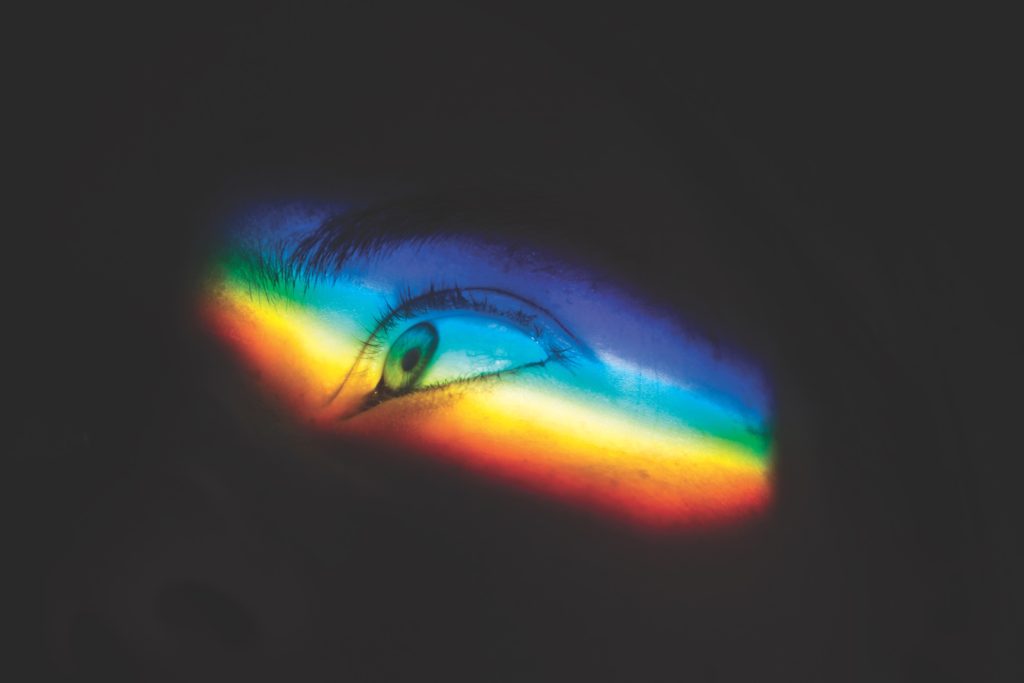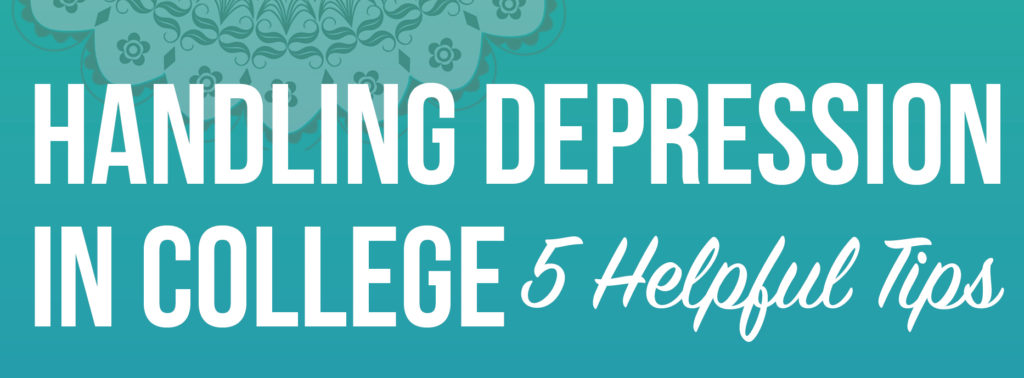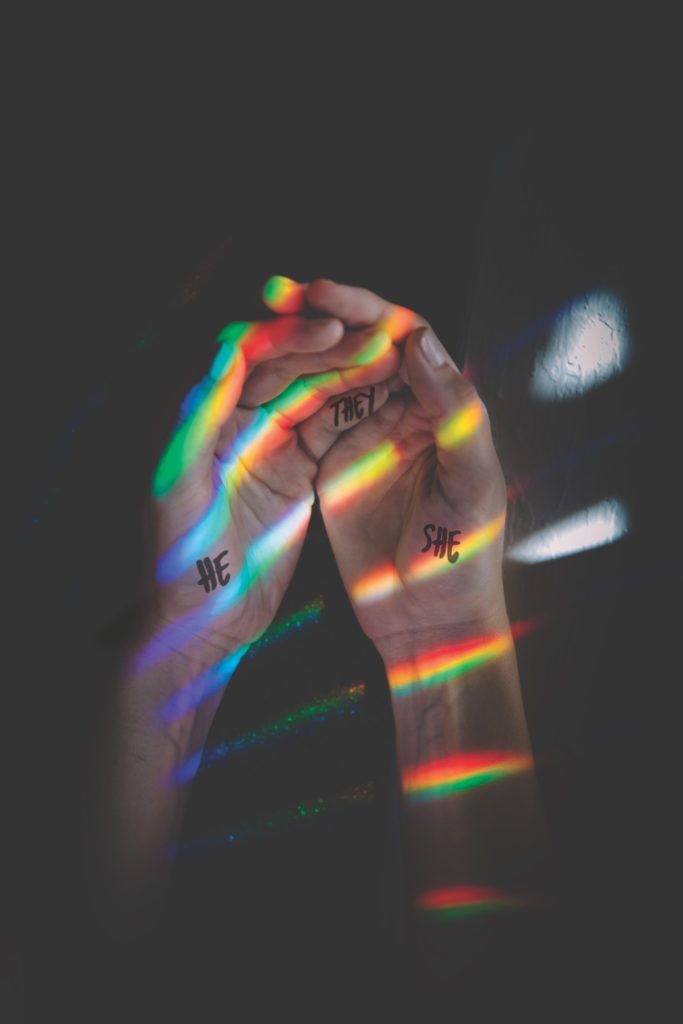
It was just another day at work for Megan, or M, Quarnberg. Servers flew from table to kitchen to table under the dim lights, bussers rushed to clean emptied spaces for incoming patrons, and the kitchen was filled to the brim with cooks and the steam of westernized Asian dishes. In the midst of a lull in activity, M was having a casual conversation with a male coworker about a friend from the Queer Student Union (QSU), but using the friend’s preferred pronouns: they, them, and their.
M’s coworker interrupted, asking bluntly, “Are they a boy or a girl?”
“Uh, well, they’re non-binary,” M said, going on to explain what that meant to the confusion and discomfort of the coworker.
The coworker then joked, saying “Well you know what I would do if I saw somebody like that?”
“What?” M asked nervously.
The coworker proceeded to make a motion as if pulling down someone’s pants, saying “Then I would know for sure.”
M was horrified. What M hadn’t revealed to this coworker, who M considered a closer friend at work, was that M is also non-binary, and also uses the pronouns they, them, and their. Being non-binary is, in simple terms, not identifying with any one gender. Although M’s appearance when on campus or with friends comes across as more masculine, with their short, buzzed-cut hair, thick-framed glasses, and men’s clothes, it is harder for their coworkers to tell due to the androgynous–or non-gendered–uniform. Stunned into silence, M avoided the coworker for the rest of their shift, but the coworker eventually realized how upset he had made them. He later made what M believed was a sincere apology, revealing to them that sometimes all it takes is a visible display of disturbance to show people that what they said was wrong.
Having come to terms with and begun to present as their new identity fairly recently, and come out to friends and family this last summer, M still has a little trouble brushing instances like these off. Most of the time it’s just small things, like people around campus whispering about them to each other, asking whether M is a girl or a guy, and even sometimes daring each other to go up and ask. Normally, M ignores it, but it’s much harder to do so when it’s someone they consider a friend, they confided.
It might be a little surprising hearing about these kinds of things happening now, but maybe less so with the current political climate, and on a college campus nonetheless. Colleges are supposed to be accepting, safe spaces, aren’t they? According to president of UNR’s Queer Student Union, Kimberly Uribe (they/them), things like this happen to many trans individuals at this campus.
“This campus for the most part is good but it still has so much to do, especially for trans individuals who are the most targeted members of our community especially trans women,” they said. “I have heard past stories of trans friends being physically assaulted and to hear about that kind of stuff has happened on this campus is disheartening and scary.”
Although disheartening, the frequency of these instances is sadly not surprising. Violence has been disproportionately perpetrated against trans people for centuries, and this issue has only recently gained the attention it deserves. The American Bar association only just approved the resolution banning gay and trans “panic” defenses–or defenses that qualify violent actions against LGBTQ individuals as simply a reaction to their gender or sexuality, essentially blaming the victim for their assault–in 2013, according to the National LGBT Bar Association. Many trans people fear physical or emotional violence regularly. But, since the majority of us are cisgender, it’s hard for us to fully understand what these individuals deal with on a day-to-day basis.
Some of you may not be completely familiar with the term cisgender, either. Here is how the scholars Kristen Schilt and Laurel Westbrook explain it in their essay “Doing Gender, Doing Heteronormativity”:
Cis is the Latin prefix for “on the same side.” It compliments trans, the prefix for “across” or “over.” “Cisgender” replaces the terms “nontransgender” or “bio man/bio woman” to refer to individuals who have a match between the gender they were assigned at birth, their bodies, and their personal identity.
So, basically, if your perceived gender is in line with your biological sex, you are cisgendered. If your gender is not in line with your biological sex, you may fall somewhere on the transgender spectrum, which varies from transgender to androgynous or non-binary.
Everyone at least knows—or knows of—at least one person that is gender nonconforming (think Laverne Cox). They might simply be transgender—meaning that they identify with the gender opposite of their given sex. Or, they might be non-binary or genderqueer—meaning that they do not subscribe to the binary, two-gender system of Western society.
Notice how I said “Western.” That is because, in many societies outside of Western ones, the concept of gender variance is nothing new, which M pointed out. From historically respected “two-spirits” in Native American culture to the sacred “hijras” of Asia, many ancient societies have been recognizing, accepting, and even revering people whose identity exists outside of the male-female binary.
So why has it taken so much for Western societies to come to terms with it?
“All of this stuff is societal. Like, maybe it has something to do with biology, I’m not going to pretend that—I’m a fucking English major, I don’t know anything about that—but, just understand that society is the one that has put the importance on a binary,” M said.
To those within the LGBTQ community—and especially the transgender spectrum—the fact that gender and the binary system are societal constructs might be a given. But those who are outside of that experience think about it differently. A feminist might propose that the binary is one of the many tools that those in power use in order to perpetuate the patriarchy and exert control over women. A sociologist might point out the many ways in which Western societies have organized themselves and become dependent on the binary. A psychologist might explain the mechanism of recognition through difference—how our brains are trained to look at something and think: well, if it’s not that, then what is it? A religious conservative might tell you that God made man and woman—and that’s it. For M, however, it’s an evolving part of their identity.
“I have a trans flag in my room because I do generally identify with that term, but sometimes I’m like, no, I’m just non-binary; it changes. And I’m the kind of person who likes to have a word for the labels, just because it helps me to compartmentalize. So, it’s just kind of dependent on the day. But it’s mostly the same aesthetic.”
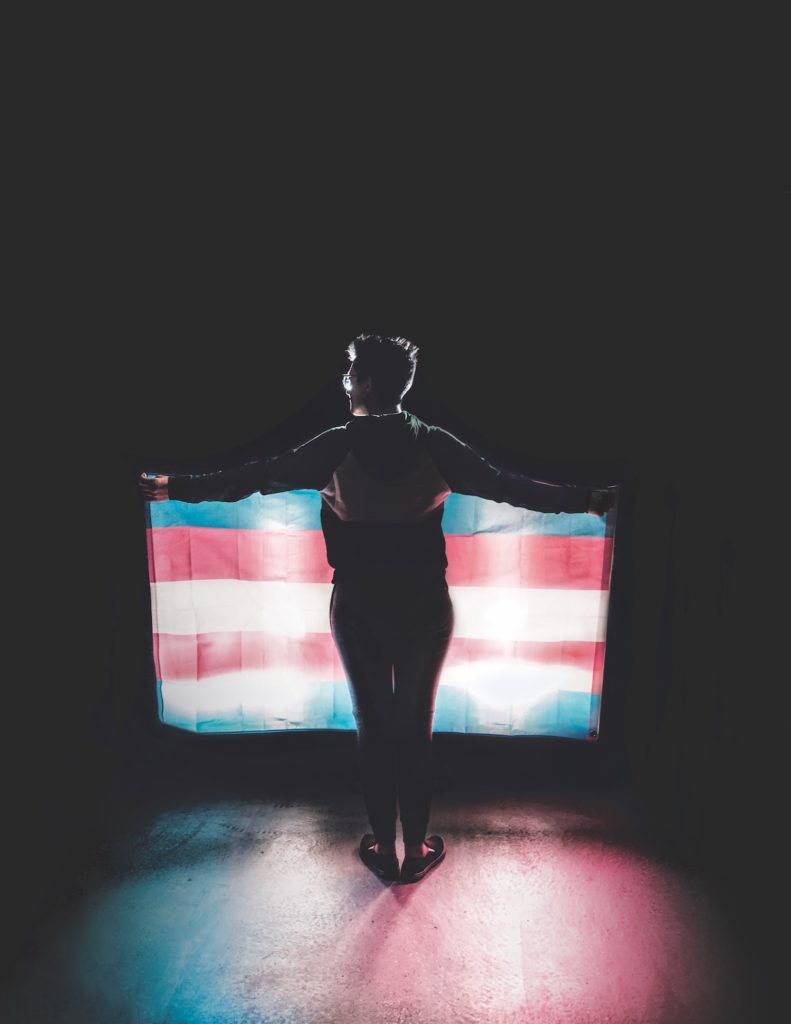
It’s important to note that being genderfluid, non-binary, trans, and what have you is not always easy to define. Gender, as M pointed out, is “all societal.” Some days, M wants to simply present as androgynous, and others, they want to be seen as male. We all have our own ideas of what it means to be masculine and what it means to be feminine—but people like M show that we need to question and adjust our traditional ideas of gender.
The need for this questioning, and hopefully change in thinking, at UNR is evident in the experiences that non-binary students like M and Kim have seen and experienced, but also in ones that other members of the LGBTQ community face. In the middle of our interview at a coffee shop near campus, a gay student, Kenneth Olidan, interrupted to ask about the Queer Student Union, saying that he also felt unsafe at UNR after moving here from San Francisco, which he called “the gay capital of the West Coast” two years ago.
“I found myself going back to acting like a straight guy because I felt like the testosterone here was so strong with the Greek community. I even tried to fit in and try to join a fraternity, and I get discriminated against for being part of two communities constantly,” Kenneth said. “I had one instance where a girl kept calling me faggot in class, and I was like ‘what?’”
While talking with Kenneth, M agreed with the feeling of needing to be “straight passing” on campus. Basically, they both feel that the need to be themselves is outweighed by the need to avoid discrimination, or even violence. The fact that they still have this fear is unacceptable, and QSU president Kim Uribe has a simple way for the administration to solve it.
“There needs to be a zero tolerance policy with discrimination,” they said.
Not only is discovering and identifying oneself as transgender, genderqueer, non-binary, or gender non-conforming an outward struggle, but it is also an inward one. For M, it took years of fighting their own inner struggle to understand and accept their bisexuality and their gender fluidity.
“I don’t even really know really how it happened, like it’s all kind of a blur but I started identifying as gender fluid for about a year and a half and…that was when I was like, ‘Okay, I don’t ever really feel like a girl,’ and so that’s what kind of made me move on to non-binary. I also identify with the term trans-masculine, which is kind of more on the guy side, which is why I dress the way I do. But yeah, so it’s a new thing as far as everybody else is concerned, but for me it’s been an ongoing thing for years.”
For M, coming into their own identity and reconciling how they were feeling with how they were taught had a lot to do with art and representation online. They cite influences like the musician Troye Sivan, the actress Laverne Cox, and the poet Keaton St. James. In addition, they learned a lot from classes at the university, including literary theory with Dr. Justin Gifford. M’s favorite theorist was Judith Butler, who talks a lot about resistance against heteronormative thinking, or the view heterosexuality as truly natural and normal, and the idea of gender as a performance.
Non-binary or transgender people are not an idea—they exist. M is a living, breathing person with a love for their friends, who plays music, and who has bumble bee, orca, and Twenty-One Pilots tattoos. They can stand up for themselves, obviously, but it’s important to know what you can do to support them and people like them in your day to day life.
“I really think that people should do some of their own research, because—and I feel this way about like, people of color and other minorities, too—but it’s not my job to educate everybody,” M said, “I will do what I can to help, and I really love talking about it now because I’ve been quiet about it for so long, but I don’t want to have to educate from ground one every single person that I interact with. So, I think people should have their own understanding of it.”
Although you might not have someone like M in your life to help your understanding, it is important to gain a basic understanding of trans people in order to make anyone like them feel safe and accepted. One of the simplest ways to do this is to ask people what their pronouns are—and do your best to use them.
I’ve had struggles with this myself. When I first met M, they identified as she, and so I have had to really force myself to be conscious of my use of pronouns when speaking about them. Even writing this, I slipped up a couple of times and wrote “she”—and quickly changed it to “they.” It might be hard, but it’s best to just correct yourself and move on and not be dramatic or overly apologetic, M said.
“Because if you do it that way… I mean, nobody really notices, I mean, we’ll notice but we’ll know that you didn’t do it on purpose. But I hate it when people are like ‘oh my gosh, I’m so sorry I’m going to stop the whole conversation and apologize.’ It’s like, I know that you’re sorry and I understand wanting to apologize because I’ve done that before, too. But you don’t need to call attention to it, and I always feel the need to be like ‘oh, it’s okay’ even though it’s not.”
Even if you don’t always get it right, it’s important to be conscious of how your reaction to your mistake can affect the person as well. Often, a trans or non-binary person is forced to deal with the burden of forgiveness or explanation, placing all of the responsibility to educate and be patient on them. It can be exhausting.
It can also be exhausting to think about all of the things that need changing in order for trans and LGBTQ people to feel safe on their campuses and in society in general. Although we as a society still have a long way to go in terms of progress, M remains positive and smiling brightly in their maroon “Celebrate Trans Men” t-shirt, saying “you have to allow yourself the victories, and you can’t make yourself upset about it all the time.”
Resources:
https://www.facebook.com/UNR-Queer-Student-Union
https://www.unr.edu/the-center
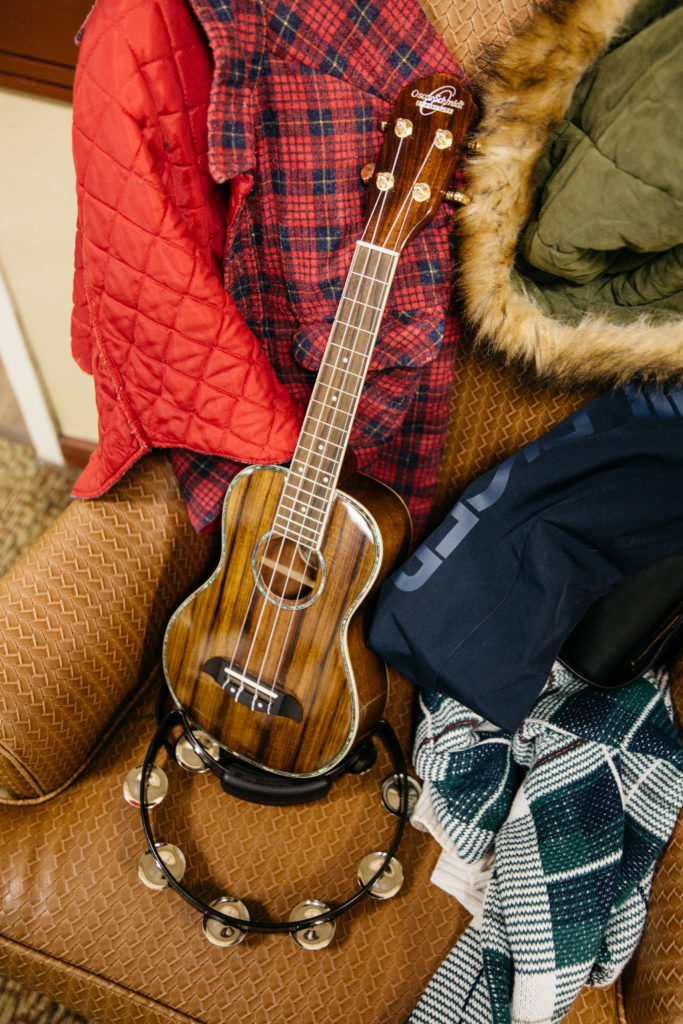
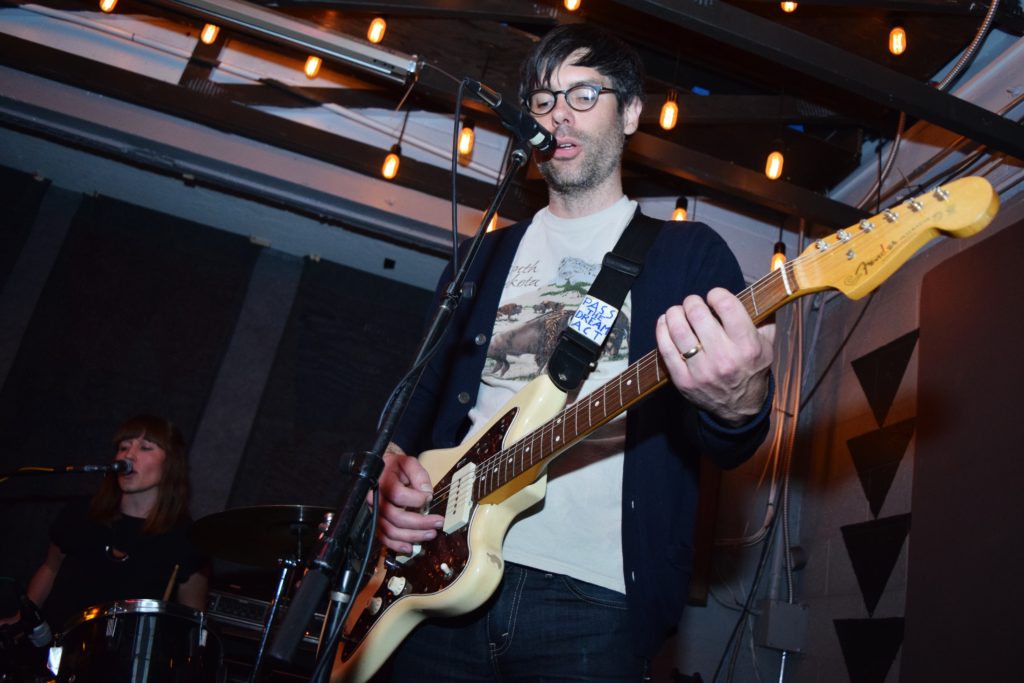
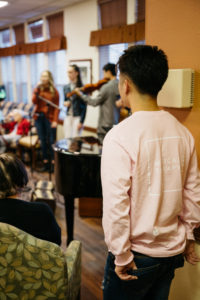 University of Nevada, Reno student and president of the University’s Musical Therapy Club, Christian Bak, created the club as a way to help himself and others stay inspired and ambitious through music. He explains how for Dreamers especially, music creates hope.
University of Nevada, Reno student and president of the University’s Musical Therapy Club, Christian Bak, created the club as a way to help himself and others stay inspired and ambitious through music. He explains how for Dreamers especially, music creates hope.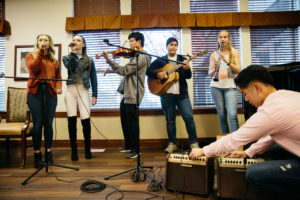

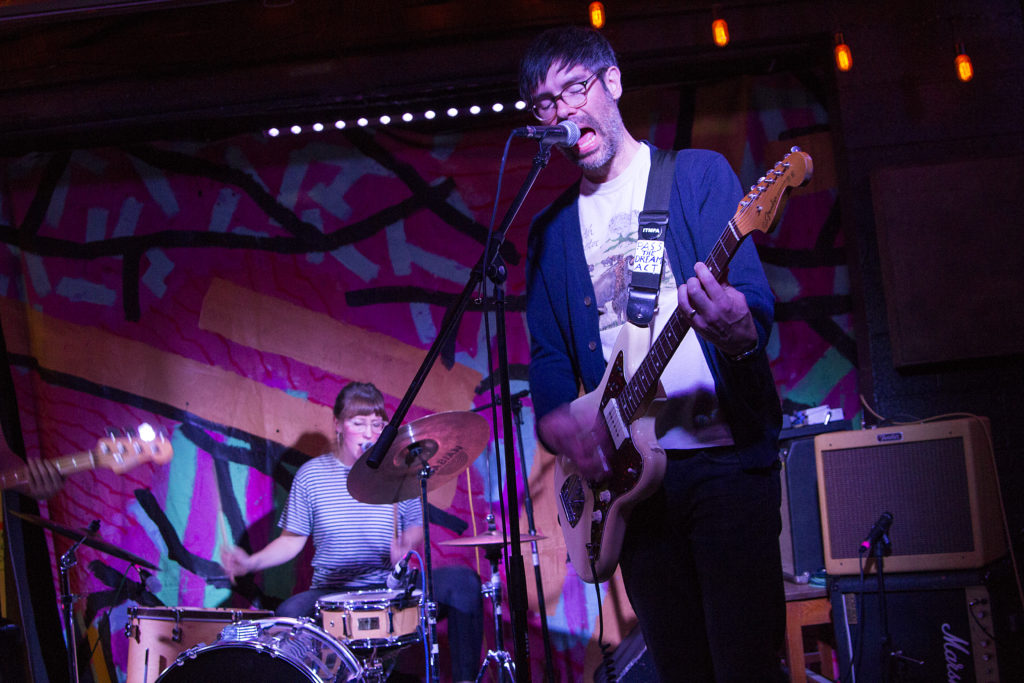
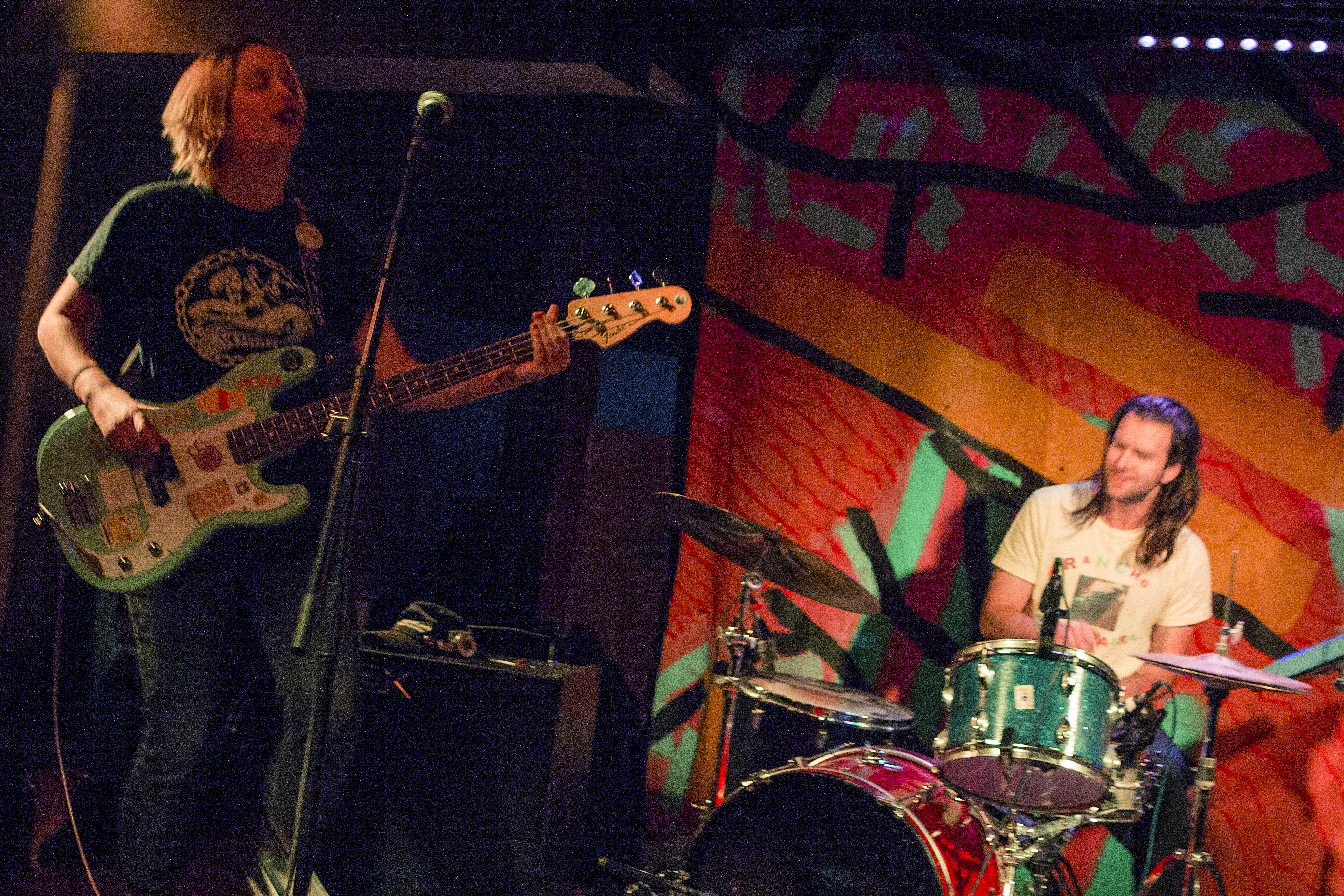
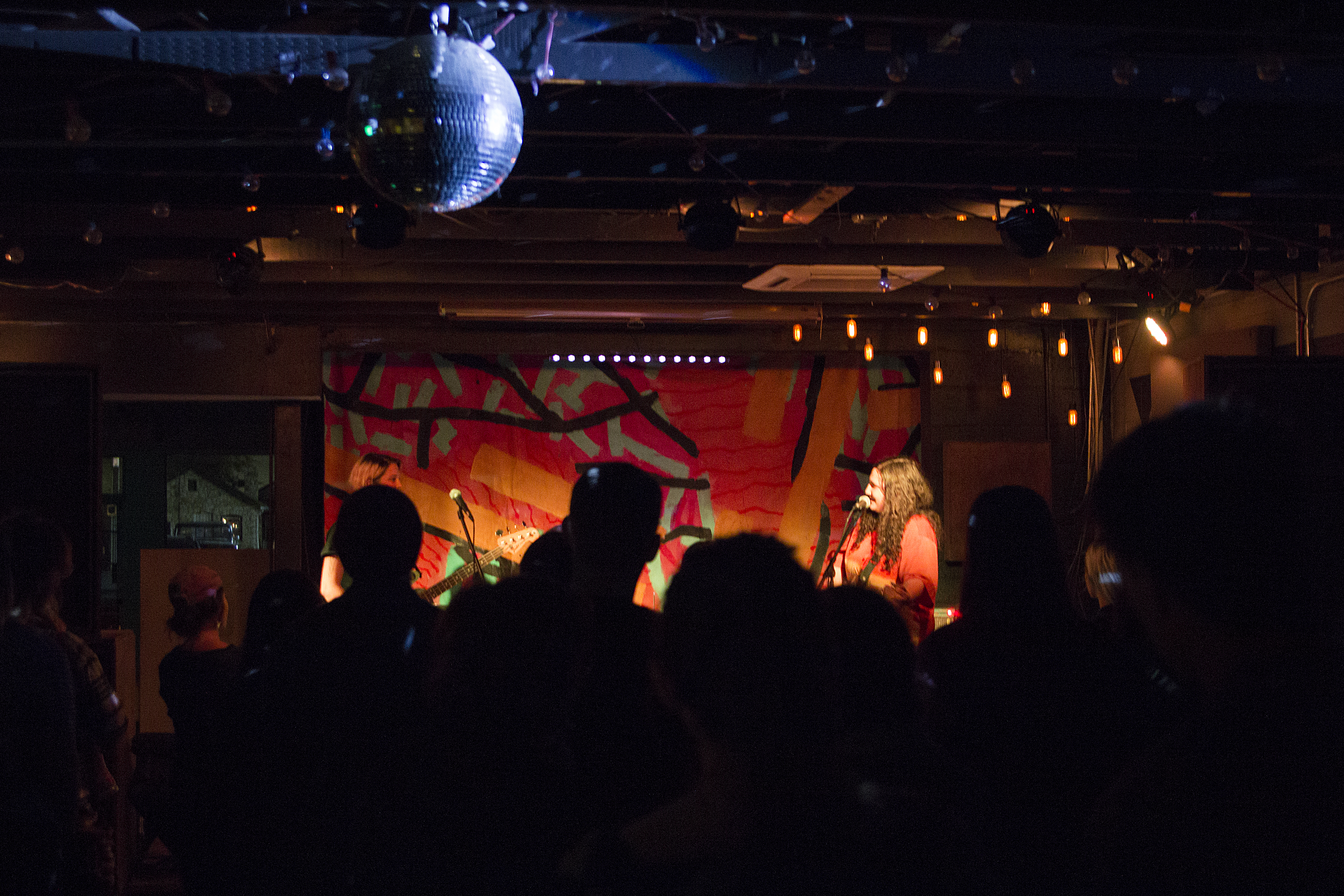
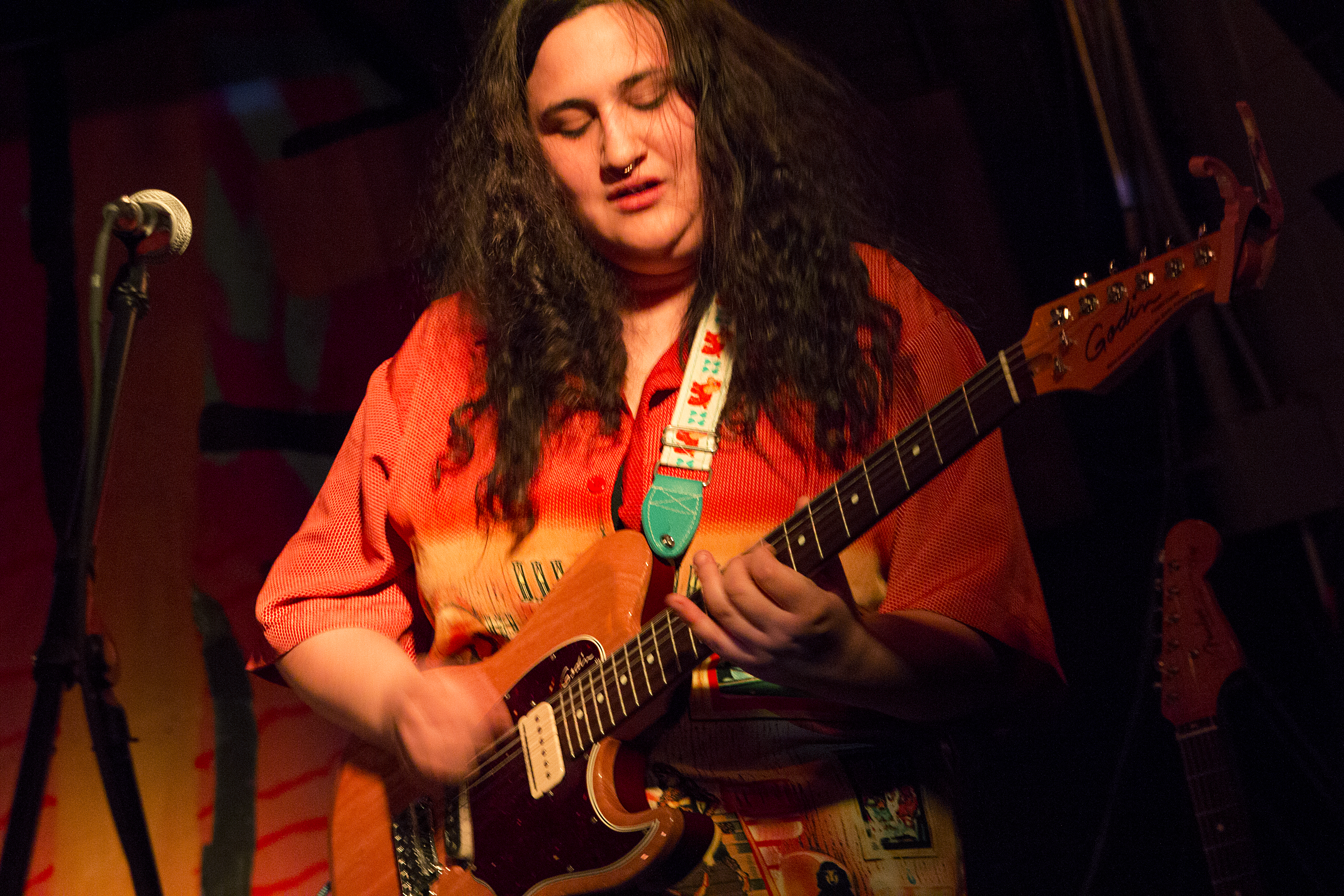
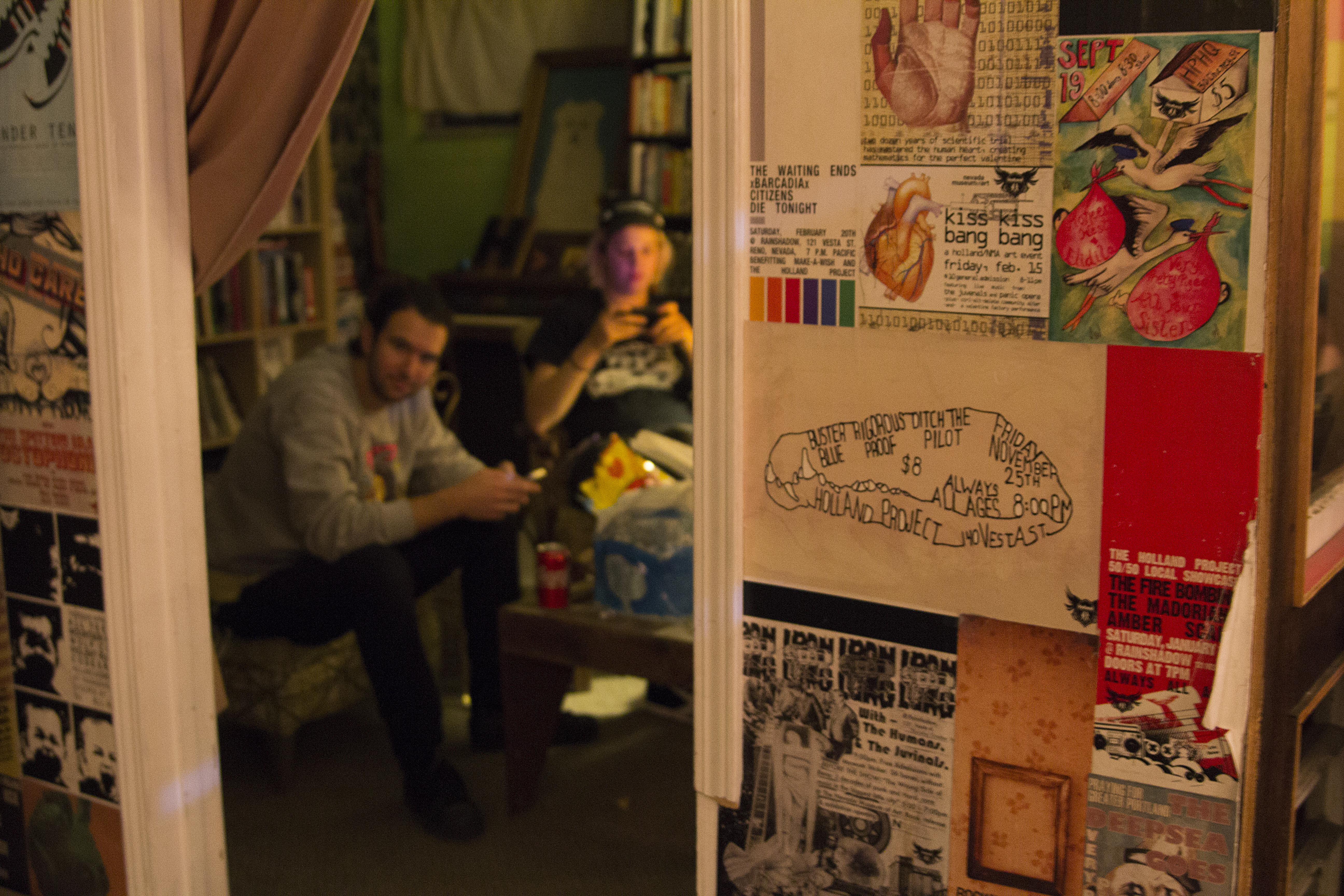
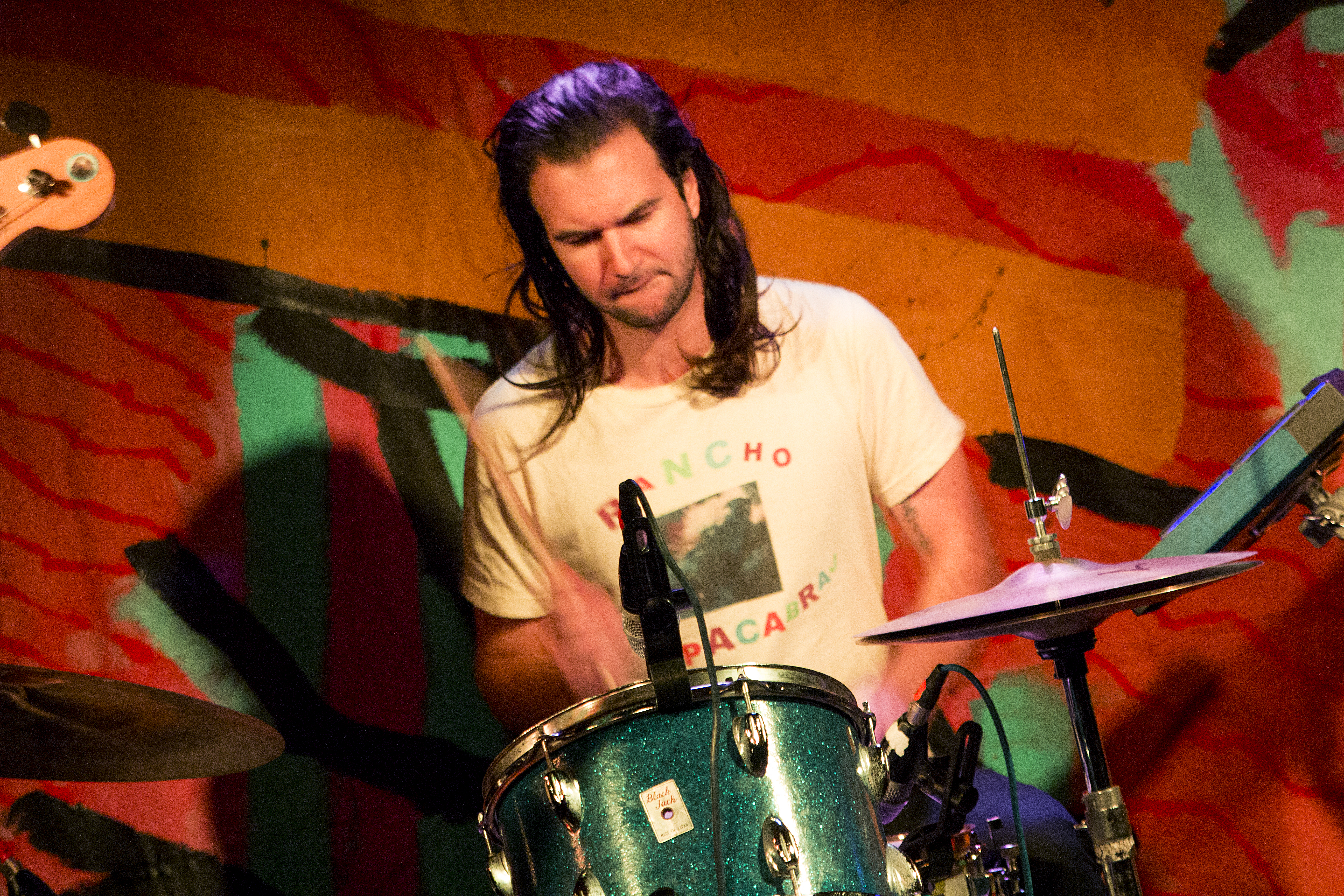
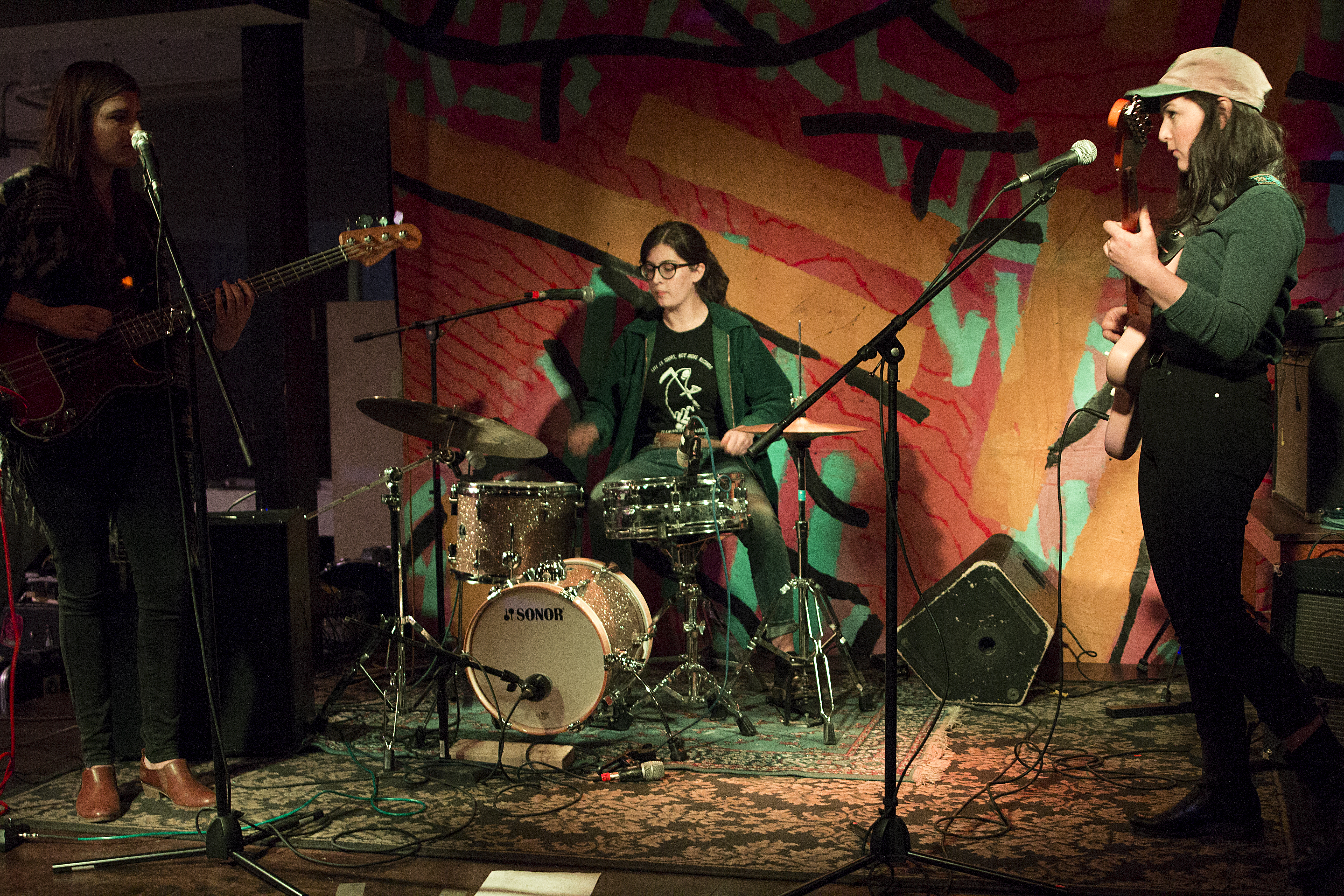
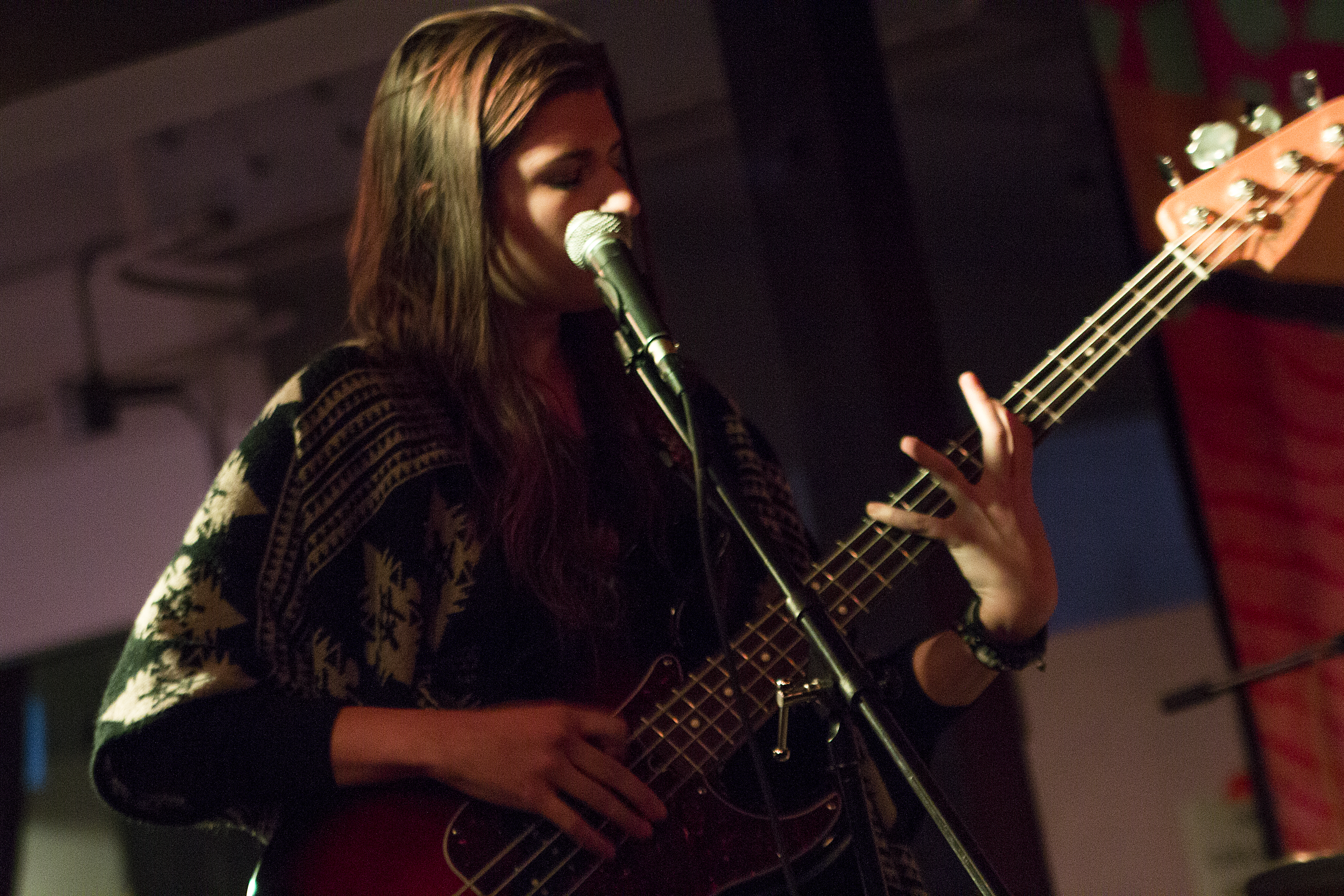
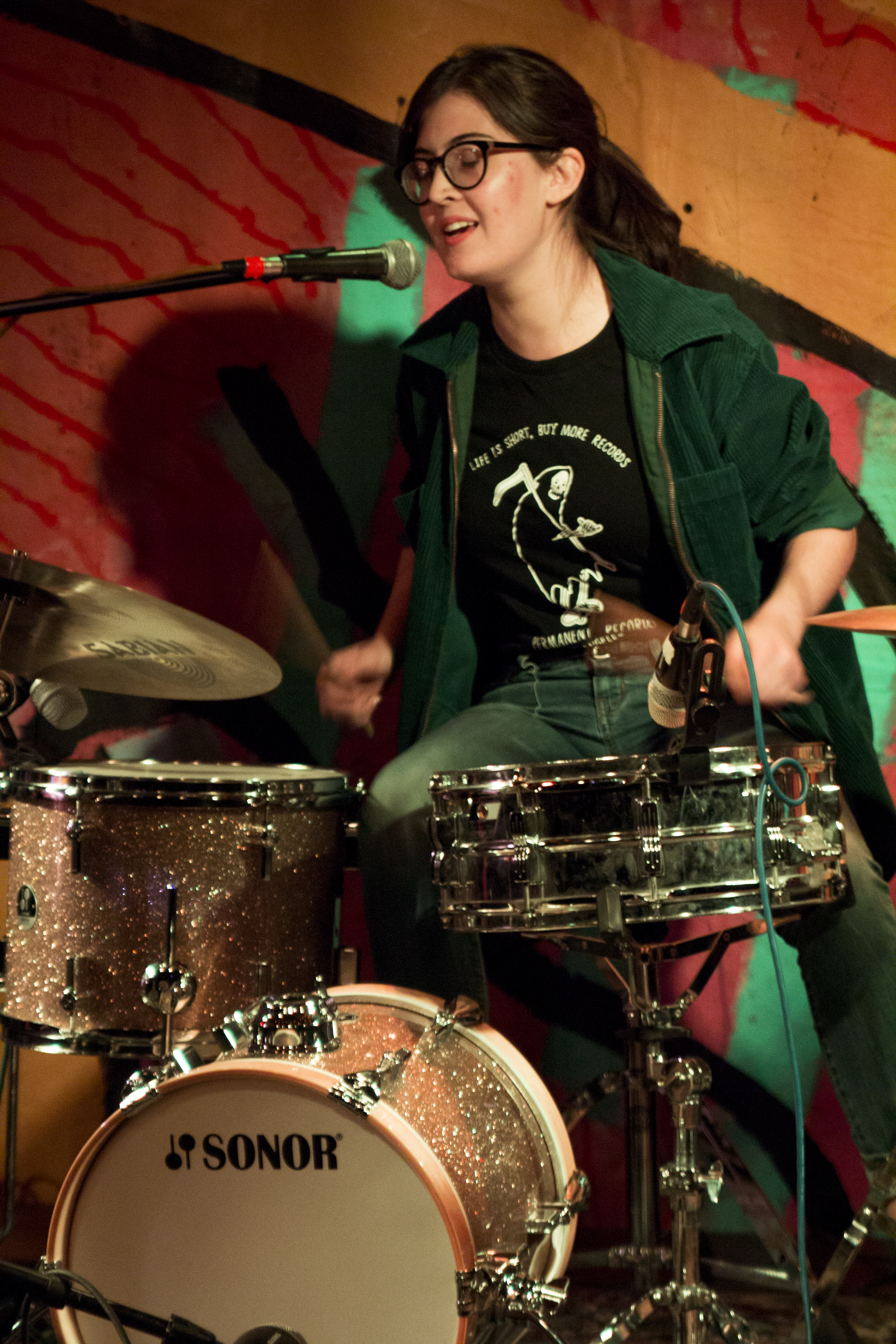

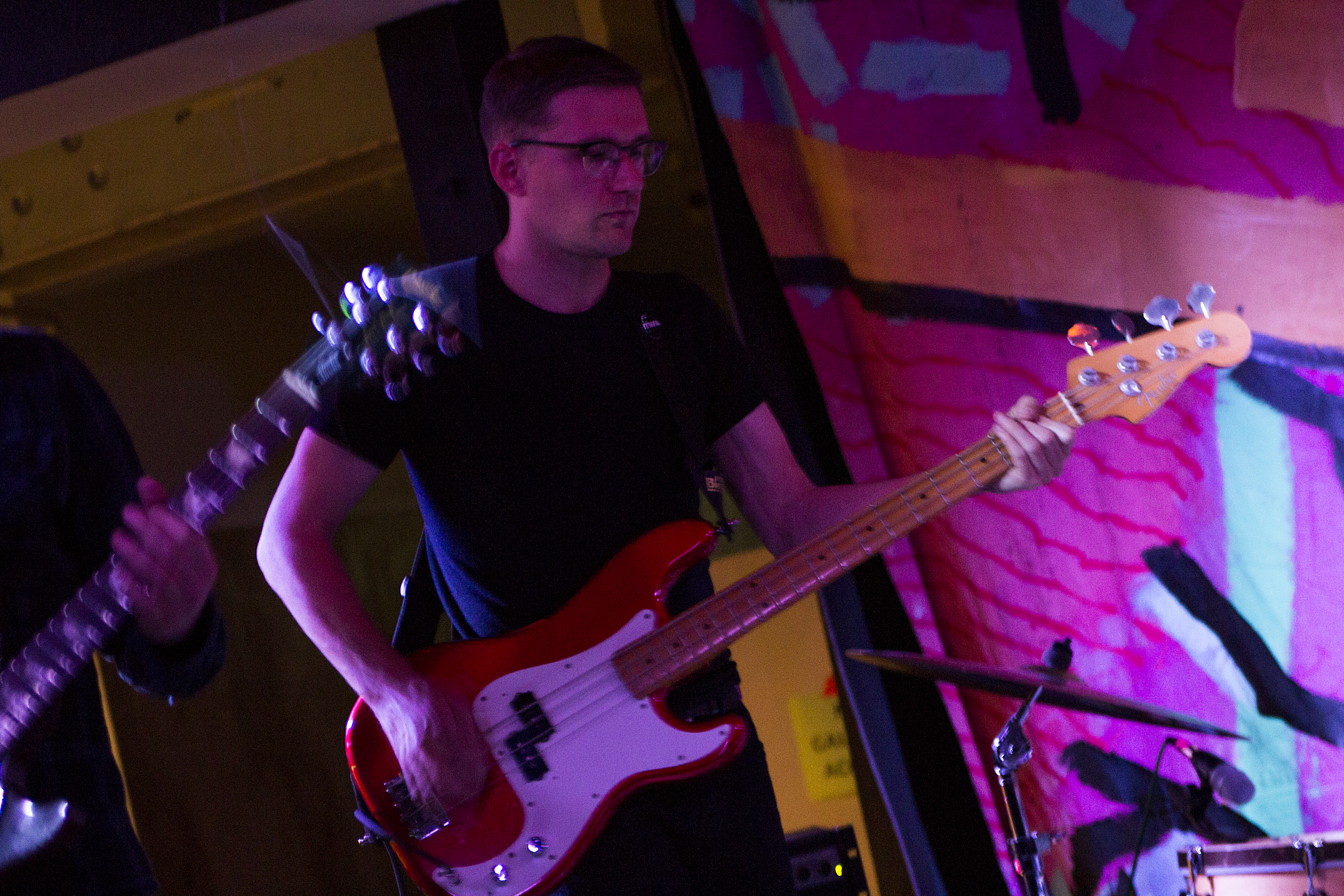



 “Every woman that I’ve slept with/ Every friendship I’ve neglected/ Didn’t call when grandma died/ I spend my money getting drunk and high/ I’ve done things unprotected/ Proceeded to drive home wasted/ Bought things to win over siblings/ I’ve said awful things, such awful things”
“Every woman that I’ve slept with/ Every friendship I’ve neglected/ Didn’t call when grandma died/ I spend my money getting drunk and high/ I’ve done things unprotected/ Proceeded to drive home wasted/ Bought things to win over siblings/ I’ve said awful things, such awful things” 